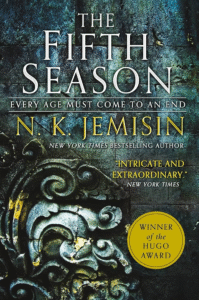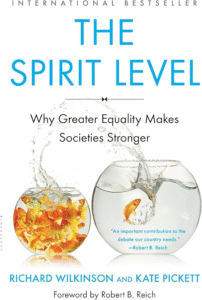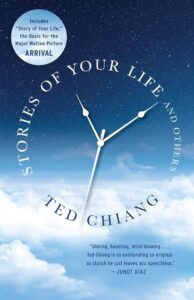The Elusive Horizon: Defining the Nature of Happiness
The Dichotomy of Desire: Happiness as State or Journey?
The human heart, throughout the ages, has yearned for happiness. It is the whispered promise in lullabies, the driving force behind ambition, and the quiet contentment sought in moments of peace. Yet, despite its universal appeal, the very nature of happiness remains an enigma, a philosophical Rubik’s Cube that thinkers and individuals alike have struggled to solve. Is it a static state of being, a destination to be reached? Or is it an ongoing pursuit, a dynamic process rather than a fixed point? Perhaps, the answer lies beyond this binary, in a more nuanced understanding of what truly constitutes this elusive and deeply personal experience.

Happiness as a Static State: The Illusion of Arrival
One prevalent notion casts happiness as a state of being, a sustained condition of joy, contentment, and overall well-being. This perspective often associates happiness with external factors: the acquisition of wealth, the attainment of success, the fulfillment of desires. In this view, happiness is a prize to be won, a comfortable plateau reached after navigating life’s challenges. We see this reflected in societal narratives that equate happiness with material possessions or social status. The “American Dream,” for instance, often implies that happiness is a byproduct of achieving financial security and a comfortable lifestyle. However, history and personal experience are littered with examples of individuals who possessed these outward markers of success yet remained deeply unhappy, suggesting that happiness as a mere state of being, contingent solely on external circumstances, is a flawed and often fleeting concept.
Happiness as a Dynamic Pursuit: Finding Joy in the Becoming
Conversely, another compelling argument positions happiness as an ongoing pursuit, a journey rather than a destination. This perspective emphasizes the process of striving, growing, and engaging with life’s experiences as the primary source of fulfillment. In this view, happiness is not a static endpoint but rather the feeling derived from meaningful activity, the satisfaction of overcoming challenges, and the joy found in connection and contribution. The ancient Greek philosopher Aristotle, for example, spoke of eudaimonia, often translated as flourishing or living well, which he saw as the ultimate aim of human life. This flourishing wasn’t a passive state but an active engagement in virtuous conduct and the development of one’s potential. From this standpoint, happiness is not about reaching a permanent state of bliss but about embracing the dynamism of life and finding joy in the continuous process of becoming.
Beyond the Binary: An Integrated and Multifaceted Understanding
However, limiting happiness to either a fixed state or a relentless pursuit may be an oversimplification. Perhaps, the nature of happiness lies in a more integrated understanding that encompasses elements of both. It could be argued that happiness is not a singular entity but rather a spectrum of experiences, a tapestry woven with moments of contentment, periods of striving, and an underlying sense of purpose. There are certainly moments of profound joy and peace that feel like a cherished state of being, a respite from the demands of life. Yet, these moments often gain their significance from the context of our ongoing pursuits, the challenges we have overcome, and the connections we have forged. Furthermore, the nature of happiness is deeply subjective and multifaceted. What brings joy and fulfillment to one individual may hold little significance for another. For some, happiness might lie in creative expression, for others in intellectual exploration, and for still others in acts of service or the nurturing of relationships. This inherent diversity suggests that a universal definition of happiness is elusive. Instead, it is a deeply personal construct, shaped by individual values, experiences, and perspectives.
The Personal Journey: Cultivating Meaning and Joy
In conclusion, the nature of happiness is likely not confined to a simple dichotomy of being or pursuit. It is a more complex and dynamic phenomenon, encompassing both fleeting states of contentment and the ongoing satisfaction derived from meaningful engagement with life. Ultimately, happiness is a deeply personal journey of self-discovery, a continuous process of identifying and cultivating the values, experiences, and connections that bring a sense of purpose and joy. It is not a destination to be reached, but rather an elusive horizon that we constantly strive towards, finding moments of profound beauty and satisfaction along the way.




















